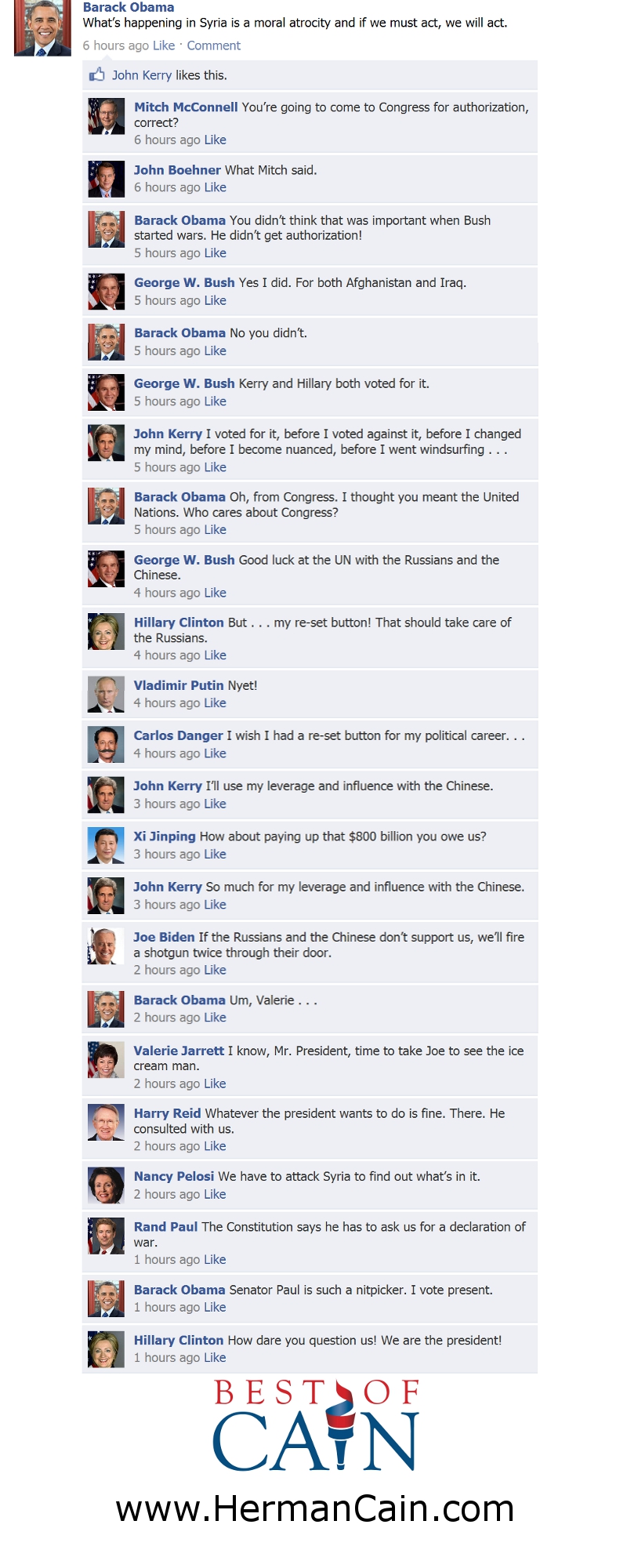 Final cuts were due to be announced late Saturday afternoon. The Vikings didn’t start announcing their released players until about an hour before the deadline, starting with running back Joe Banyard, who’d had a great preseason game on Thursday. Unless he’s picked up by another club, I’d expect to see him signed to the Vikings practice squad when that is allowed to happen.
Final cuts were due to be announced late Saturday afternoon. The Vikings didn’t start announcing their released players until about an hour before the deadline, starting with running back Joe Banyard, who’d had a great preseason game on Thursday. Unless he’s picked up by another club, I’d expect to see him signed to the Vikings practice squad when that is allowed to happen.
There was a brief flurry of interest among Viking fans when it was rumoured that Seattle was trying to trade former Viking cornerback Antoine Winfield and would cut him if he couldn’t be traded. Several fans expressed the hope that he might be back in purple, but the hope was dashed when Seattle announced that Winfield would be retiring instead.
|
Position |
Starter(s) |
Backups |
Other |
|---|---|---|---|
|
QB |
Christian Ponder |
Matt Cassel, McLeod Bethel-Thompson |
|
|
WR |
FL – Greg Jennings SE – Jerome Simpson |
FL – Jarius Wright, SE – Cordarrelle Patterson (R), Joe Webb, |
Greg Childs (PUP) |
|
RB |
Adrian Peterson |
Toby Gerhart, Matt Asiata, |
|
|
FB |
Zach Line (UFA) |
Jerome Felton (suspended for 3 games) |
|
|
TE |
Kyle Rudolph |
John Carlson, Rhett Ellison, |
|
|
OL |
LT – Matt Kalil LG – Charlie Johnson C – John Sullivan RG – Brandon Fusco RT – Phil Loadholt |
LT – LG – Jeff Baca (R) C – Joe Berger RG – RT – |
DeMarcus Love (suspended for first 4 games of season), Seth Olsen (IR) |
|
DL |
LE – Brian Robison UT – Kevin Williams NT – Letroy Guion RE – Jared Allen |
LE – Everson Griffen, UT – Sharrif Floyd (R), NT – Fred Evans, Chase Baker, RE – George Johnson, |
Christian Ballard (left team for undisclosed reasons) |
|
LB |
S – Chad Greenway M – Erin Henderson W – Marvin Mitchell |
S – Larry Dean, M – Audie Cole, Michael Mauti (R) W – Desmond Bishop, Gerald Hodges (R) |
|
|
CB |
Chris Cook Josh Robinson |
A.J. Jefferson, Xavier Rhodes (R), Marcus Sherels |
|
|
S |
Harrison Smith Jamarca Sanford |
Robert Blanton, Mistral Raymond, Andrew Sendejo, |
|
|
K |
Blair Walsh |
||
|
P |
Jeff Locke (R) |
||
|
LS |
Cullen Loeffler |
Jared Allen* |
|
|
H |
Jeff Locke* |
Matt Cassel*, McLeod Bethel-Thompson* |
|
|
KR |
Cordarrelle Patterson* |
Marcus Sherels*, Josh Robinson*, A.J. Jefferson*, Joe Webb*, Jarius Wright* |
|
|
PR |
Marcus Sherels* |
Jarius Wright*, Josh Robinson* |
An asterisk indicates a player already listed on the roster in another capacity. On Sunday, teams can sign up to eight players to their respective practice squads. Some of the players cut today are eligible for practice squad contracts.




